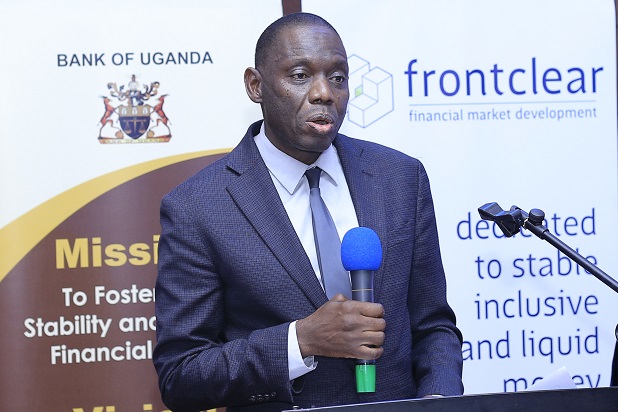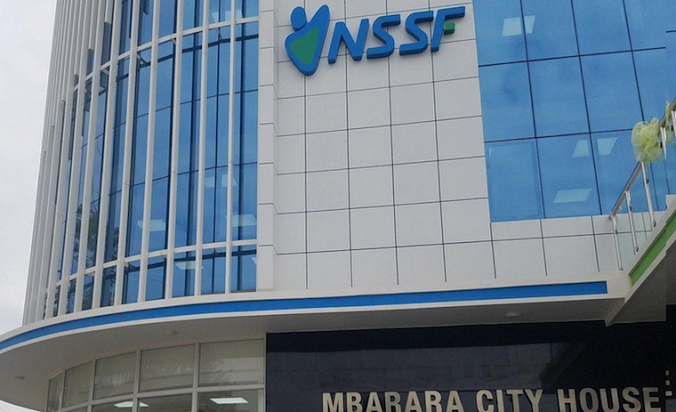BoU Deputy Governor, Michael Atingi-Ego
The Bank of Uganda (BoU)’s Monetary Policy Committee (MPC) meeting has increased the Central Bank Rate (CBR), a benchmark lending rate for commercial banks, by one percentage point to 10%.
BoU Deputy Governor, Michael Atingi-Ego attributes the increase in the CBR to higher inflation outlook.
According to the Monetary Policy Statement for October 2022, economic growth is expected to remain below its long-term trend until FY 2025/26.
“The risks of global recession and tighter financial conditions will likely weigh on domestic economic growth. Moreover, the potential for a sustained weakening of the shilling exchange rate coupled with lower foreign exchange reserves and constrained demand for Uganda’s exports could add to the external financing strains,” Atingi-Ego says, adding that higher domestic interest rates, declining private sector credit and tight fiscal policy could further weigh down economic growth.
According to BoU, inflation pressures are expected to peak in the first half of 2023, as COVID-19 effects wane, supply chain pressures ease and as a result of recent policy actions.
BoU says the recent increases in CBR coupled with fiscal tightening have had somewhat an indirect effect in stabilizing the shilling exchange rate, which is expected to cushion the inflationary pressures.
“Indeed, growth in private sector credit and monetary aggregates have moderated, signaling the eventual impact on aggregate demand,” BoU says, adding: “Nonetheless, inflationary pressures remain elevated.”
The annual headline inflation rose to 10% in September 2022, up from 9% in August, while annual core inflation, which excludes the volatile food and energy prices, rose to 8.1% in September, up from 7.2% in August.
“In the coming months, headline inflation is forecast to rise and average around 7.3% in 2022, and between 8% and 10% in 2023, before declining back to around 5% in 2024,” BoU says.






